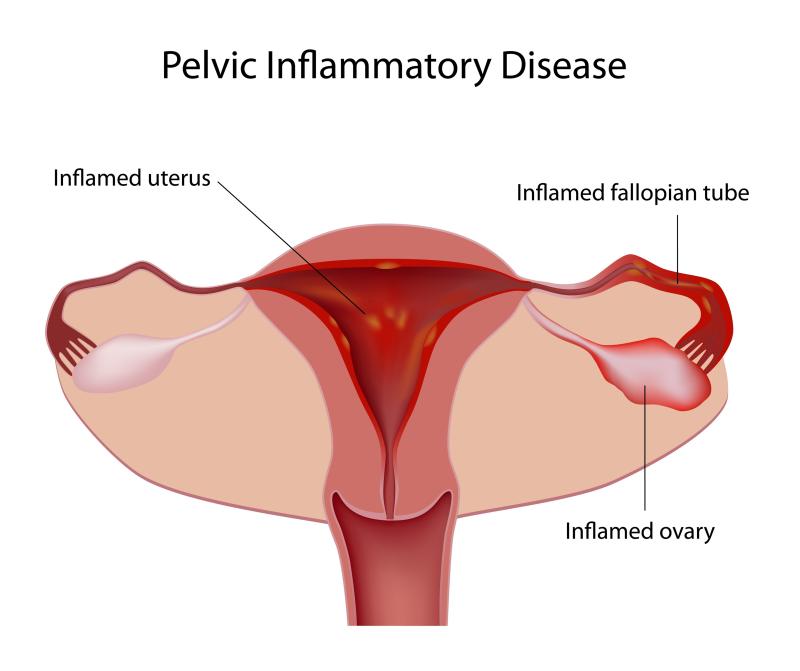
Adding metronidazole to the combination of ceftriaxone plus doxycycline for acute pelvic inflammatory disease (PID) boosts the anaerobic activity of the combined regimen, reducing endometrial anaerobes and Mycoplasma genitalium and improving pelvic tenderness with tolerable safety profile, according to the results of a trial.
A total of 233 women (median age, 23 years) with acute PID were randomized to receive a single intramuscular dose of ceftriaxone 250 mg plus doxycycline for 14 days either with metronidazole (n=116) or placebo (n=117). Majority of the population (60 percent) had a history of chlamydia, while 27 percent and 29 percent had a history of gonorrhoea or PID, respectively. There were no significant between-group differences in clinical presentations.
The primary outcome of clinical improvement at 3 days following enrollment did not significantly differ between the metronidazole and placebo groups. At 30 days following treatment, however, metronidazole resulted in less frequent recovery of anaerobic organisms from the endometrium (8 percent vs 21 percent; p<0.05) and reduced cervical M. genitalium (4 percent vs 14 percent; p<0.05).
Add-on metronidazole also led to more frequent relief of pelvic tenderness compared with placebo (9 percent vs 20 percent; p<0.01). Adverse events and adherence were similar in the treatment groups.
The present data support the routine use of metronidazole with ceftriaxone and doxycycline for the treatment of acute PID in women and should inform the formulation of future treatment guidelines, according to the researchers.